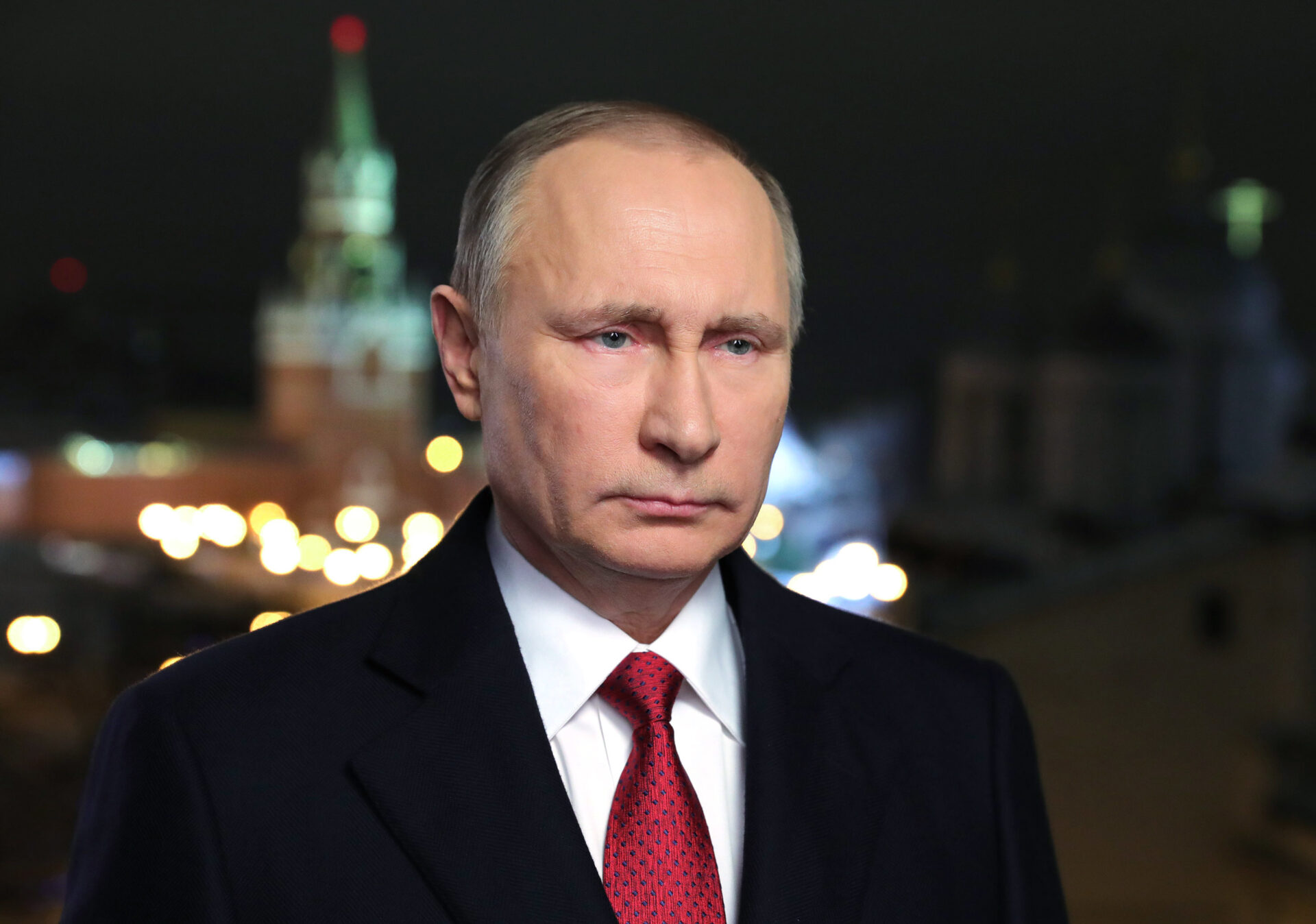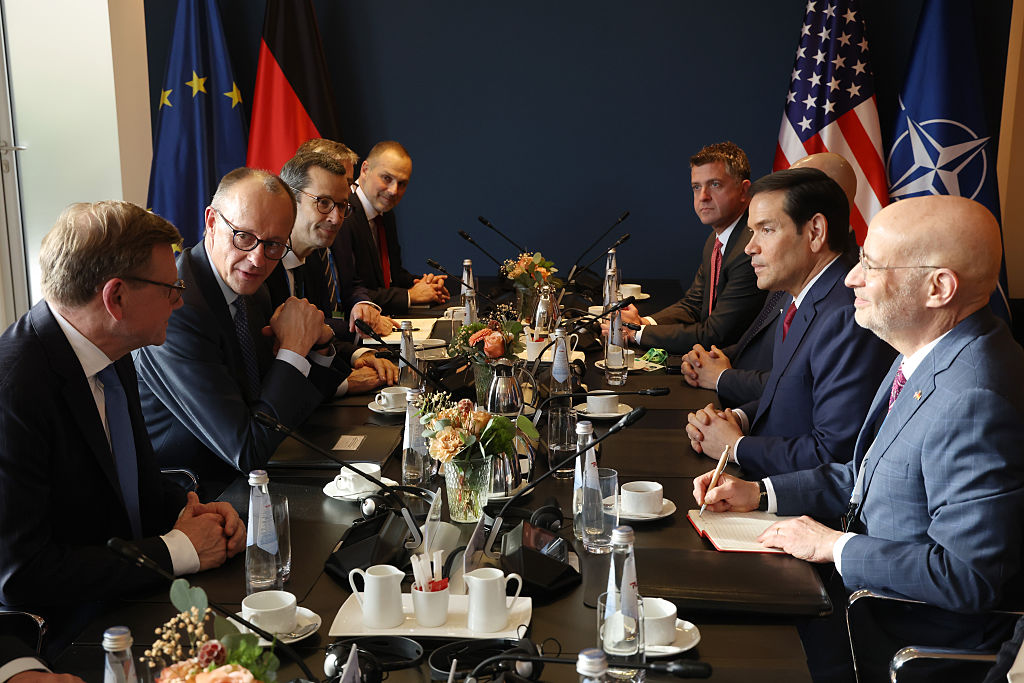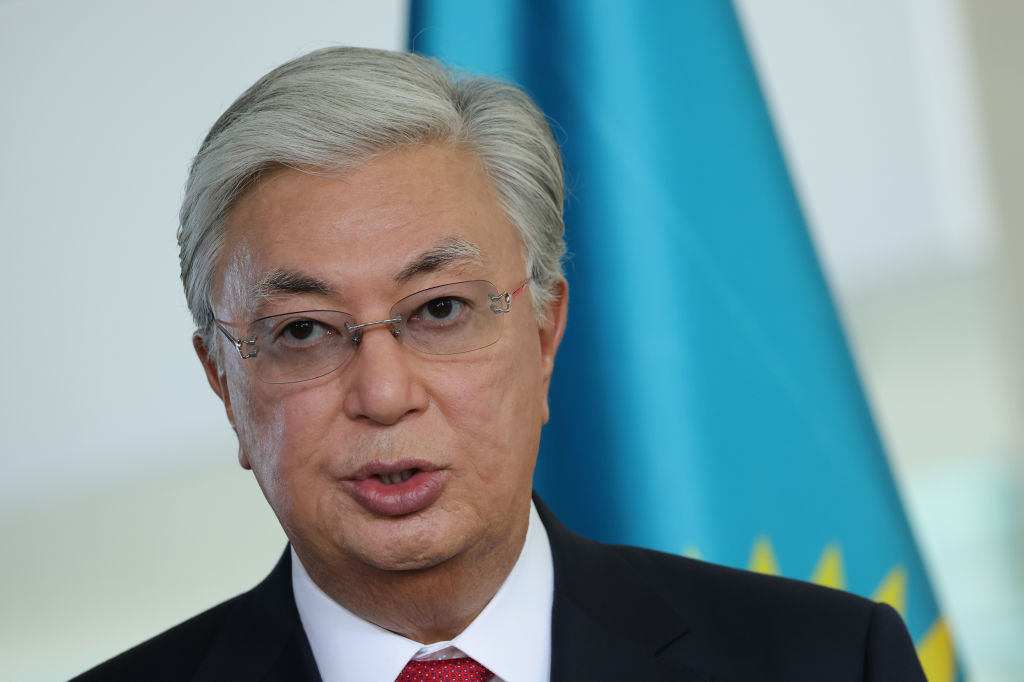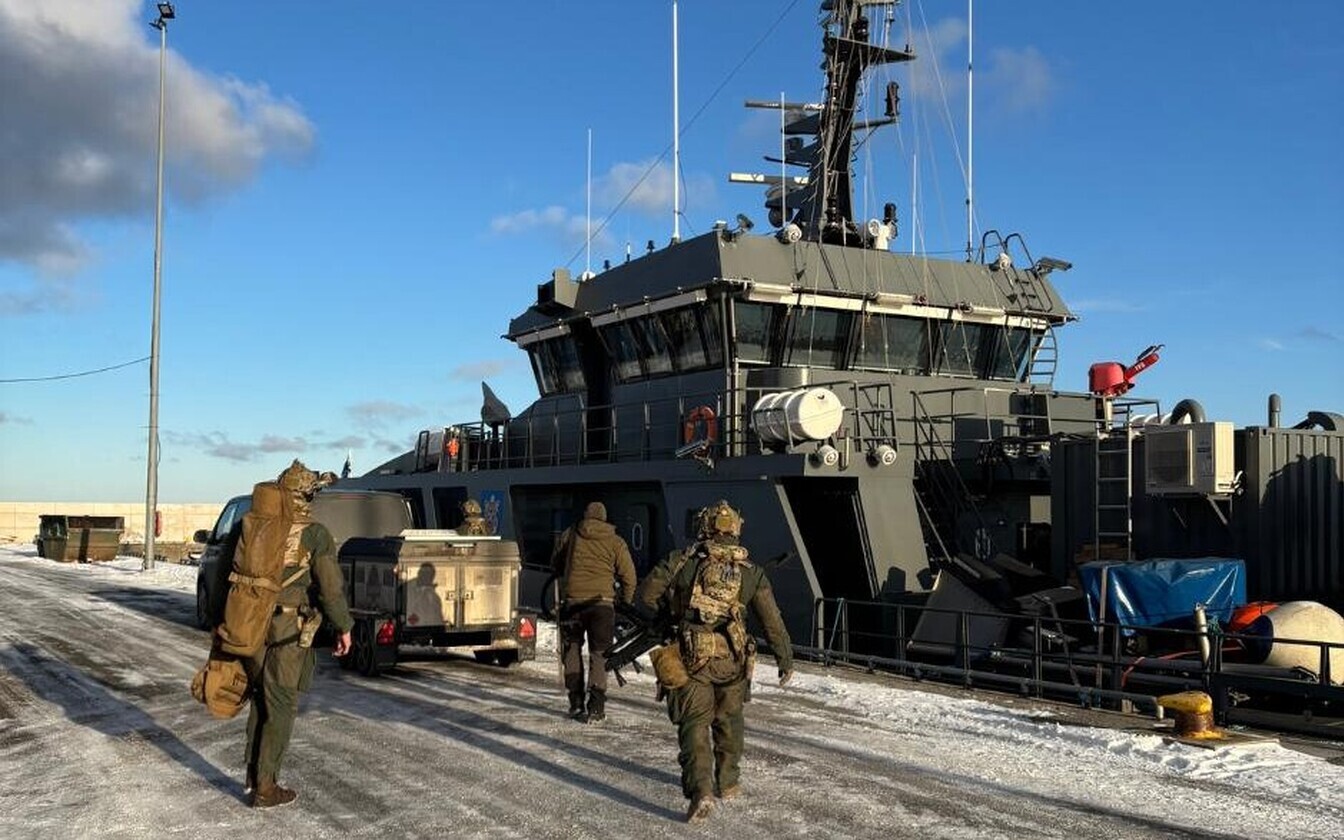
Corruption Spoils Every Attempt to Cooperate With Russia
Corruption Spoils Every Attempt to Cooperate With Russia
Following the long-expected July 7 meeting between United States President Donald Trump and Russian President Vladimir Putin, at the G20 summit in Hamburg, Germany, the main tangible result was the ceasefire in the southwestern corner of Syria. But this “deliverable” is of little, if any, interest to the Russian public, particularly as Russian casualties in that conflict continue to mount (RBC, July 11). Putin has been generous with his somewhat dubious compliments of Trump, describing him as a man who surprised him with a readiness to listen and to respond frankly (Kommersant, July 15). The Russian mainstream media resolutely ignores all new turns in the US investigations into Moscow’s interference in last year’s presidential election. Instead, Russian outlets stick to the official position of blunt denials, which Putin reconfirmed in Hamburg. The main story is actually the deadlock regarding the issue of access to diplomatic dachas in Washington, DC, and New York, which were declared off-limits for Russia by the Barack Obama administration last December (Rossiiskaya Gazeta, July 14).
The instant collapse of the initiative to establish a joint group on cybersecurity was interpreted primarily in the context of Trump’s complicated relations with the US Congress and explained away as a casualty of the furious attacks on the president by distressed Democrats (Nezavisimaya Gazeta, July 12). There is indeed an obvious need to establish “rules of engagement” in the fast-evolving sphere of warfare in the virtual space, where attacks could inflict heavy damage and remain unpunished (Gazeta.ru, July 11). Yet another recent hack on the US State Department underscored that the risk remains uncontained (Kommersant, July 15). The problem, however, is that it is perfectly possible for the Russian special services to cover up their involvement by engaging and then dumping some “patriotic hackers,” so there is little incentive for Moscow to curtail its experiments with offensive cyber operations (Meduza.io, July 12). Only a few enterprises in Russia have the capacity to develop weapons as powerful as the recent computer virus Petya; and the Kremlin objects vehemently to sanctions on such suspects as Kaspersky Lab (Newsru.com, July 12).
It is as difficult to distinguish between Russian special services operations and hacker activism in the cyber domain, as it is to find a difference between Moscow’s recruitment of intelligence “assets” and Russian “oligarchs” building business connections abroad. The recently unearthed meeting from last year between key members of the Trump campaign and Kremlin-connected lawyer Natalia Veselnitskaya, accompanied by Russian-American lobbyist and former Soviet counterintelligence officer Rinat Akhmetshin, illustrates this muddle (Novaya Gazeta, July 14). Her attempts to lobby against the Magnitsky Act were so awkward that a fiasco was pre-determined (Grani.ru, July 13). Russian special services have access to various pools of “dirty money” and feel unconstrained in appropriating such funds, even for personal profit, as the arrest of two Federal Security Service (FSB) colonels in Moscow has reminded yet again (Kommersant, July 15). Every rational proposition to set up new reliable “rules of engagement” in some area of relations, including even arms control, is thus inevitably compromised and defeated by this all-pervasive culture of corruption that shapes Russian foreign policy, which employs “black” propaganda as the instrument of choice.
The struggle against corruption makes up the core of blogger and opposition leader Alexei Navalny’s political campaign; he insists it is not a hollow slogan but a practical and winnable cause (Moscow Echo, July 14). He follows closely the development of the Russian investigations in the United States and has important things to say on the corrupt connections, particularly regarding the role of Prosecutor General Yuri Chaika (Navalny.com, July 11). Standing tall against relentless police pressure, Navalny inspires expanding networks of followers, particularly among the youth. The hypocrisy of the government in vilifying him only adds credibility to his cause. Illustratively, evidence recently came to light that Andrei Klimov, who leads the prosecution of “foreign agents” in the Federation Council, runs together with his wife dubious off-shore businesses registered in Cyprus (Novaya Gazeta, July 14). Unlike many liberal critics of Putin’s regime, Navalny has set as his goal building a position of political power. And the corrupt officialdom cannot find a way to stop him, short of resorting to extreme measures, like with Boris Nemtsov, whose murderers have just received relatively light sentences (Moscow Echo, July 13).
Putin seems perturbed by this political challenge; he is reluctant to let Navalny partake in the presidential campaign but understands that without the opposition challenger’s participation the electoral contest could lack legitimacy. The Russian leader was supposed to announce his claim for yet another presidential term in the week after Hamburg; but he traveled to some distant monasteries instead (Newsru.com, July 12). Few doubt that the elections, which are eight months away, will be heavily manipulated in Putin’s favor, and even fewer question whether he intends to run (RBC, July 5). Putin, however, likely finds little comfort in polls that show 66 percent of Russians want him to continue his rule (Levada.ru, July 5). He knows how quickly the public mood can shift and suspects that the elites might betray him, particularly since his loyal subordinate Prime Minister Dmitry Medvedev lost all support in the ruling bureaucracy after Navalny targeted him in an investigation (Vedomosti, July 13). Postponing the announcement may be a useful way to maintain suspense, but it could backfire as Navalny’s straightforward message about the need for change at the top gains momentum (New Times, July 12).
Putin may think that the problem of corruption is of little interest to the Russian public, but falling incomes inevitably provoke outrage against bureaucratic predation. He may also think that the export of corruption has yielded some useful connections with the Trump administration, but the deepening investigations in the US turn every minor asset of this kind into a huge liability. Putin hopes for a follow-up high-level dialogue after the promising tête-à-tête in Hamburg, but cannot quite understand the political risk to his counterpart in the White House from befriending the Kremlin chief. The new blend of corruption, intelligence operations, cyberattacks and propaganda offensives, now the trademark of Russia’s foreign policy, requires a new kind of Western deterrence—and there can be no ceasefire in the fight against this menace.


